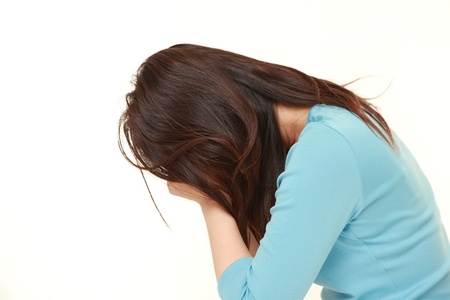 Depression is a very real condition likely caused by a combination of biological, environmental, psychological and genetic factors. Severity ranges from mild to moderate or even severe. More than just feeling down or blue, depression is a serious illness requiring professional treatment.
Depression is a very real condition likely caused by a combination of biological, environmental, psychological and genetic factors. Severity ranges from mild to moderate or even severe. More than just feeling down or blue, depression is a serious illness requiring professional treatment.Simply being female increases the risk of depression, since women are twice as likely to experience depression as men. The condition can be limited to a single occurrence or may involve multiple episodes.
Symptoms of depression are both physical and emotional and include the following:
- Sadness or depressed mood
- Lack of interest in activities that were once enjoyable
- Feeling hopeless, worthless or guilty
- Difficulty concentrating or making decisions
- Decreased energy or fatigue
- Overeating, decrease in appetite, or weight gain or loss
- Sleep disturbances including too much or too little sleep
- Restlessness, moving more slowly or more quickly than normal
- Thoughts of death or suicide
A combination of the above symptoms persisting daily for at least 2 weeks, and including depressed mood or loss of interest in activities, points to depression.
If you are experiencing these symptoms, talk with your OBGYN. To determine whether your symptoms are related to depression or another issue, your gynecologist will likely evaluate your symptoms, medical history, medications and general health to rule out other causes.
When the diagnosis is depression, effective treatment therapies include psychotherapy and/or antidepressants. Psychotherapy can help identify problems and ways of dealing with them to improve your depression. Sessions can be conducted in individual, group, or family settings.
The worst thing a woman can do is to ignore the symptoms of depression. Depending on severity, treatment for depression may be done on an inpatient or outpatient basis and may require long-term therapies.
The good news is many new, effective medications and treatment methods are available that can help relieve symptoms and return purpose and joy to life.





